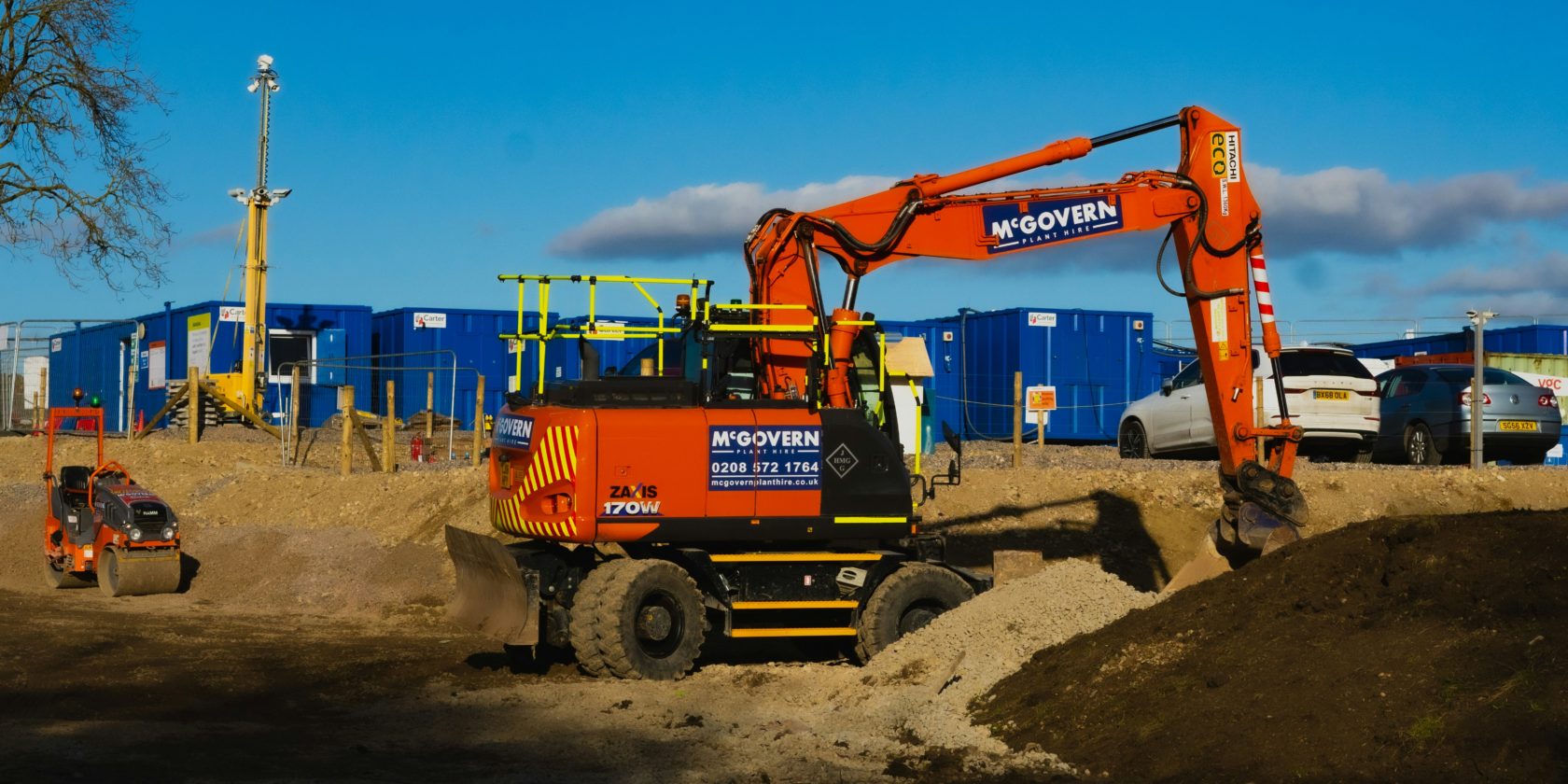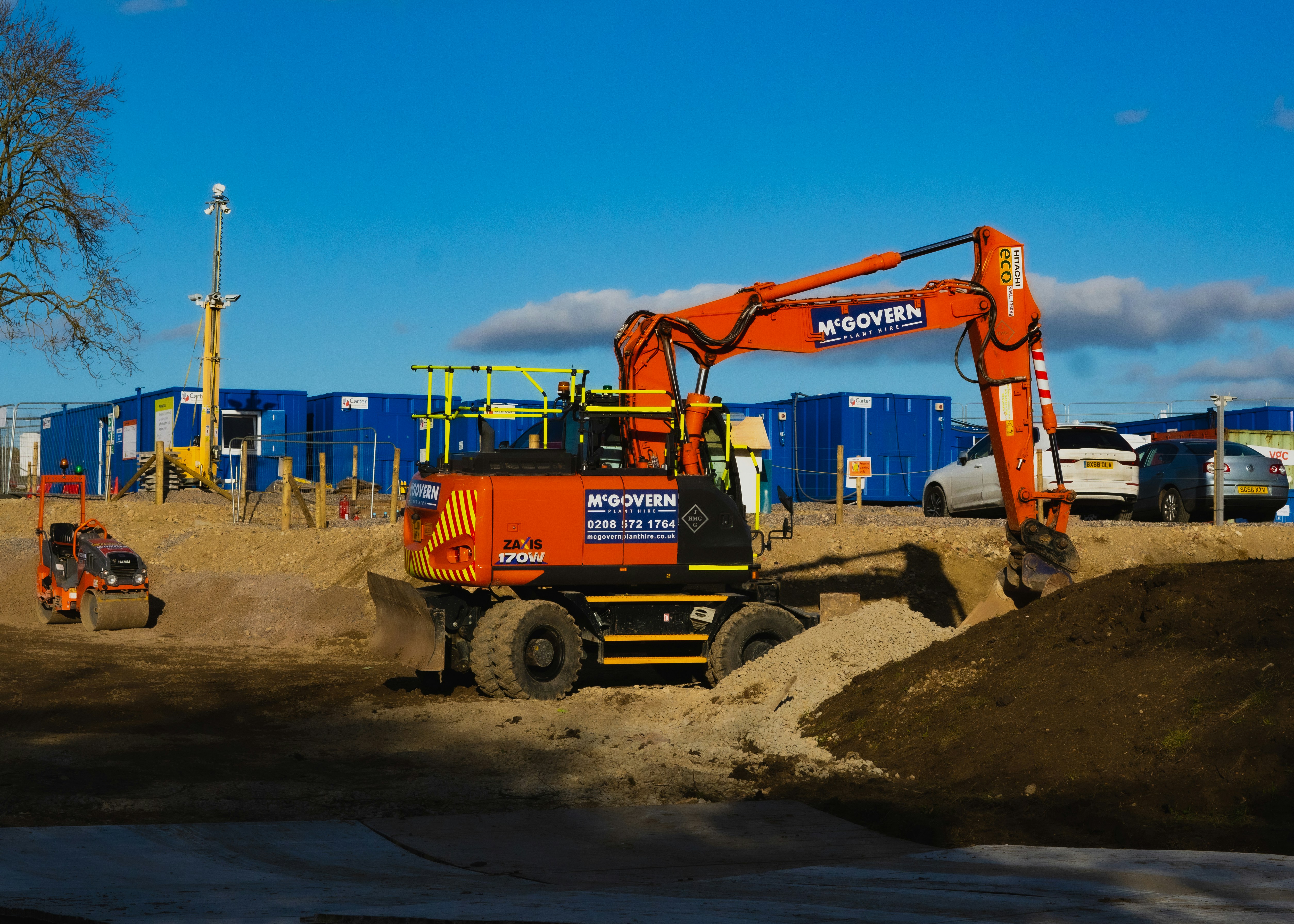Navigating the New Terrain: A Beginner’s Guide to Land Development

Land development is transforming the landscapes around us, moving beyond the confines of traditional farming to embrace a future where housing projects, medical parks, and solar sites become part of our rural vistas. This evolution brings with it a complexity in how we value our land, reflecting the diverse possibilities of its use. But with great possibilities come intricate agreements and financial considerations, especially when it comes to taxation and planning for the future. This article delves into the world of land development, offering insights into the agreements that shape our landscapes and the impact these have on financial planning and taxation.

Land Development Overview
At its core, land development is about repurposing land to meet the needs of today’s society. This often involves converting rural areas previously dedicated to agriculture into sites for residential, medical, or energy projects. Such a transformation not only changes the physical landscape but also adds layers of complexity to land valuation. With more options for how land can be used, determining its value becomes a more nuanced process.
Land Development Agreements
Key to the land development process are the agreements that facilitate the transition from rural idylls to bustling communities or innovative projects. Traditionally, option agreements have played a pivotal role, allowing house builders to secure land for development at a discounted rate once planning permission is obtained. However, the landscape is shifting with the rise of promotion agreements. These involve a third party working to secure planning permission before selling the land on the open market, often leading to higher returns for landowners. Yet, this increased potential for profit comes intertwined with greater complexity, particularly concerning tax implications such as VAT, making specialised advice indispensable.
Alternative Agreements and Trends
The realm of land development is also witnessing changes in how agreements are structured. Collaboration agreements, once popular among landowners for undertaking larger projects, are seeing a decline. This is largely due to the intricate tax issues they present and the challenges of aligning diverse objectives. Moreover, the timeframe for finalising agreements is stretching, moving away from the 20-year horizon to more condensed 10-year timelines. This shift significantly affects inheritance tax planning and calls for meticulous structuring of agreements to adapt to the changing times.
Andrew Perrott, Partner at Monahans, an accountant specialising in Rural Business and Landed Estates, said “Over the last two years we have recognised a trend of agreements taking longer to come to fruition. Traditionally, option agreements were made on a 20-year basis. This, in part, drove the shift towards promotion agreements, which in theory took around five to seven years–on the basis that promoters are looking to get their funds out a lot quicker than a house builder might be. But even those five-to-seven-year agreements are now realistically more likely to be ten-year agreements. Assuming certain criteria are met, there are usually opportunities to extend agreements.”
Impact on Taxation and Financial Planning
The elongated process of finalising development agreements introduces a level of uncertainty in when tax payments will be due, prompting a need for renegotiating payment terms to distribute financial obligations more manageably. For those with agreements that have stood the test of time, there’s a growing need to consider restructuring. This ensures not just compliance with the current tax landscape but also secures financial stability for future generations.
Client Advisory
For landowners immersed in the world of development agreements or contemplating stepping into it, the path forward requires careful navigation. Given the complexities of today’s land development environment, the tax implications, and the intricate dance of financial planning, seeking specialised advice is more than just prudent; it’s essential. Whether your agreements are approaching a decade in age or you’re just starting to consider the possibilities of land development, expert guidance can help illuminate the path forward, ensuring your decisions are both sound and future-proof.
Conclusion
Land development is an exciting field, full of opportunities to reshape the world around us. However, it’s a path fraught with complexities, from navigating intricate agreements to understanding the tax and financial planning implications. As the landscape of land development continues to evolve, staying informed and seeking specialised advice will be key to making the most of the opportunities while navigating the challenges that come with change. Whether you’re a seasoned landowner or new to the scene, understanding the nuances of land development agreements is crucial for ensuring a prosperous and sustainable future.
Spotted something? Got a story? Send a Facebook Message | A direct message on Twitter | Email news@north.wales






